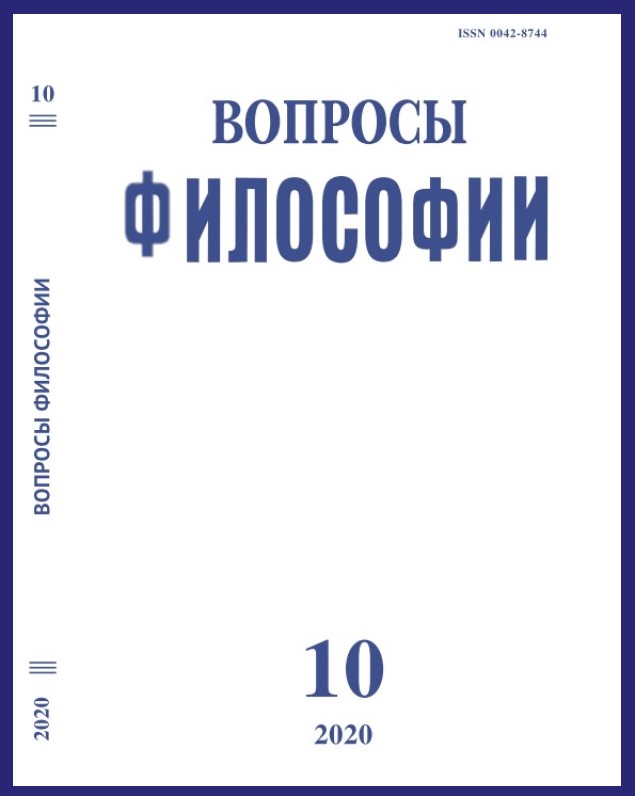Philosophical Congress as a Type of Informal Communication, or On the Problem of Reproducibility of Knowledge
DOI:
https://doi.org/10.21146/0042-8744-2020-10-99-103Keywords:
philosophy of science, congress, communication, converse, reproducibility, knowledgeAbstract
The author defends the thesis that the essential aspect of communication within the philosophical community (whether global or local) is the opportunity to discuss with colleagues incompletely meaningful and, accordingly, insufficiently clearly formulated ideas. Moreover, the discussion of ideas that cannot yet claim the status of philosophical knowledge, but nevertheless express the vector of intellectual searches, is most effectively carried out in individual communication (in various forms: from correspondence and personal meetings to joint work of local communities). This aspect of communication, characteristic of any intellectual community, is an essential component of collective cognitive activity. But in science, he is simply “overshadowed” by a rigorous methodological approach to exhaustive reproducibility of results by members of various research groups. So the preliminary stage of individual communication, during which knowledge is actually formed, is at best considered only as a background of scientific knowledge as something methodologically secondary. Meanwhile, the author believes informal communication is a necessary aspect of scientific knowledge, ensuring its dynamics, and as such, today requires a particular methodological understanding. This is the case in science. In the philosophical community, this type of communication is presented more thoroughly, which is very clearly demonstrated in the activities of congresses.

